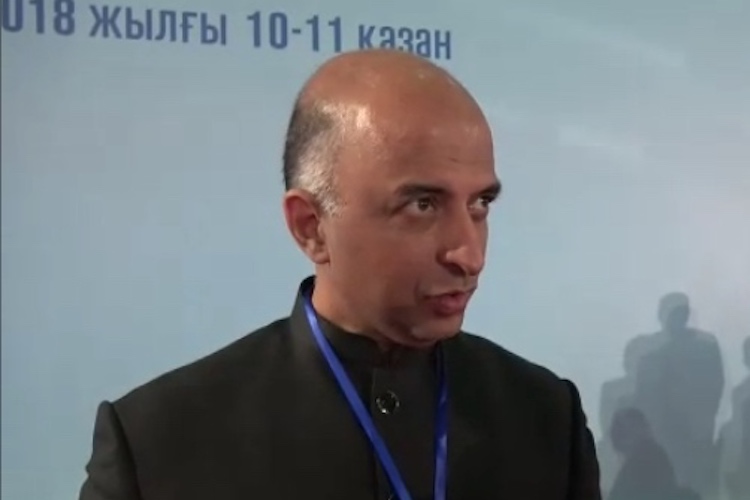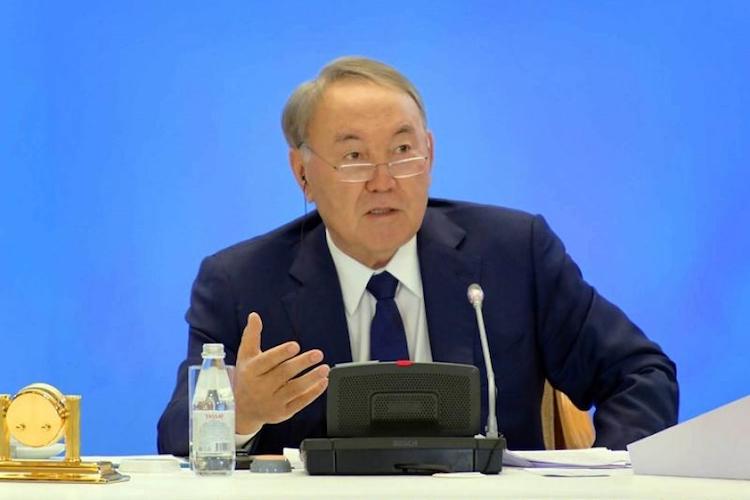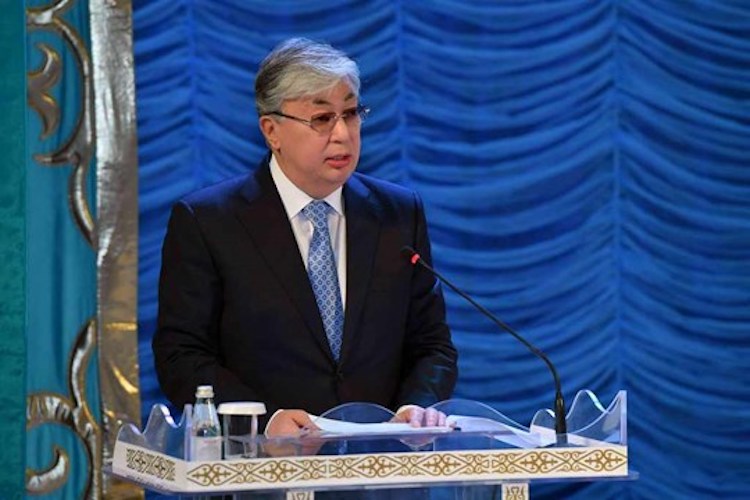Viewpoint by Jonathan Power* LUND, Sweden (IDN-INPS) – “Suppose aliens existed, and that some had been watching our planet for its entire forty-five million centuries, what would they have seen? Over most of that vast time-span, Earth’s appearance altered very gradually. Continents drifted; ice-cover waxed and waned; successive species emerged, evolved and became extinct. But […]
Trust Deficit Disorder Jeopardising Sustainable Development
By António Guterres The following are extensive extracts from UN Secretary-General António Guterres’ remarks to finance ministers and central bank governors at the International Monetary and Financial Committee (IMFC) in Bali, Indonesia, on October 13, 2018. Stressing that the meeting was taking place “at a time of enormous uncertainty”, he cautioned that high debts in […]
Creating A World Where We All Feel Secure
Viewpoint by Samir Somaiya The author is President of the Institute on the study of Indology and inter-religious dialogue ‘Somaiya Vidyavihar’. The following is the text of his remarks at the two-day Congress of the Leaders of World and Traditional Religions on October 10, 2018 in Astana, the capital of Kazakhstan, with the key topic […]
Faith Communities Play A Vital Role in Ensuring Human Security
Viewpoint by Hirotsugu Terasaki The author is Vice President, Director General of International Bureau, Peace and Global Issues, United Nations Liaison Offices, Soka Gakkai. The following is the text of his remarks at the opening session of the two-day Congress of the Leaders of World and Traditional Religions on October 10, 2018 in Astana, the […]
Kazakh President Urges Religious Leaders to Help Resolve ‘Civilizational’ Problems
Viewpoint by Nursultan Nazarbayev The author is the President of the Republic of Kazakhstan. Following are extensive excerpts from his opening address to the two-day Congress of the Leaders of World and Traditional Religions on October 10, 2018 in Astana, the capital of Kazakhstan. He shared with religious leaders “a vision of the areas that […]
Trump Impossible to Deal with Though He Gets Things Done
Viewpoint by Jonathan Power* LUND, Sweden (IDN-INPS) – What do we have to truly fear about President Donald Trump? Early October he pulled off the successful re-negotiation of the North America Free Trade area. Pundits thought, with Canada refusing to bend, it couldn’t happen. Maybe the deal now leans more in America’s direction but Trump […]
On ‘Socialism with Chinese Characteristics’ – or Harmony and the Seeds of Conflict
Viewpoint by Michele Nobile* This is the fourth of a four-part series. Click here for Part 1, Part 2 and Part 3. ROME (IDN) – Since 2004-2005, the CCP has set itself the task of “building a harmonious society”. The internal harmony of China presupposes the discipline of farmers and the working class within the […]
Leaders of World and Traditional Religions Gather in Astana for Inclusive Dialogue
Viewpoint by Kassym-Jomart Tokayev The author, Kassym-Jomart Tokayev, is Chairman of the Senate of the Parliament of Kazakhstan and Head of the Secretariat of the Congress of the Leaders of World and Traditional Religions. This opinion article first appeared on The Astana Times on October 5, 2018, and is being reproduced courtesy the prestigious Kazakh […]
On ‘Socialism with Chinese Characteristics’ – or Ideological Mess and Reality
Viewpoint by Michele Nobile* This is the third of a four-part series. Click here for Part 1 and Part 2. ROME (IDN) – One of the collective ideological hallucinations of the 20h century was Mao Zedong Thought. A remarkable thought in terms of metaphors and similitudes but even more so in terms of incoherence: as […]
India Needs to Reify its Global Nuclear Disarmament Policy
Viewpoint by Pulkit Mohan India’s challenge in asserting its stance on global nuclear disarmament requires a precise articulation of its goals and plans, writes Pulkit Mohan, a Research Intern at India’s prestigious Observer Research Foundation. The article first appeared on 28 September 2018, and is being reproduced courtesy the Foundation. NEW DELHI (IDN-INPS) – For […]










